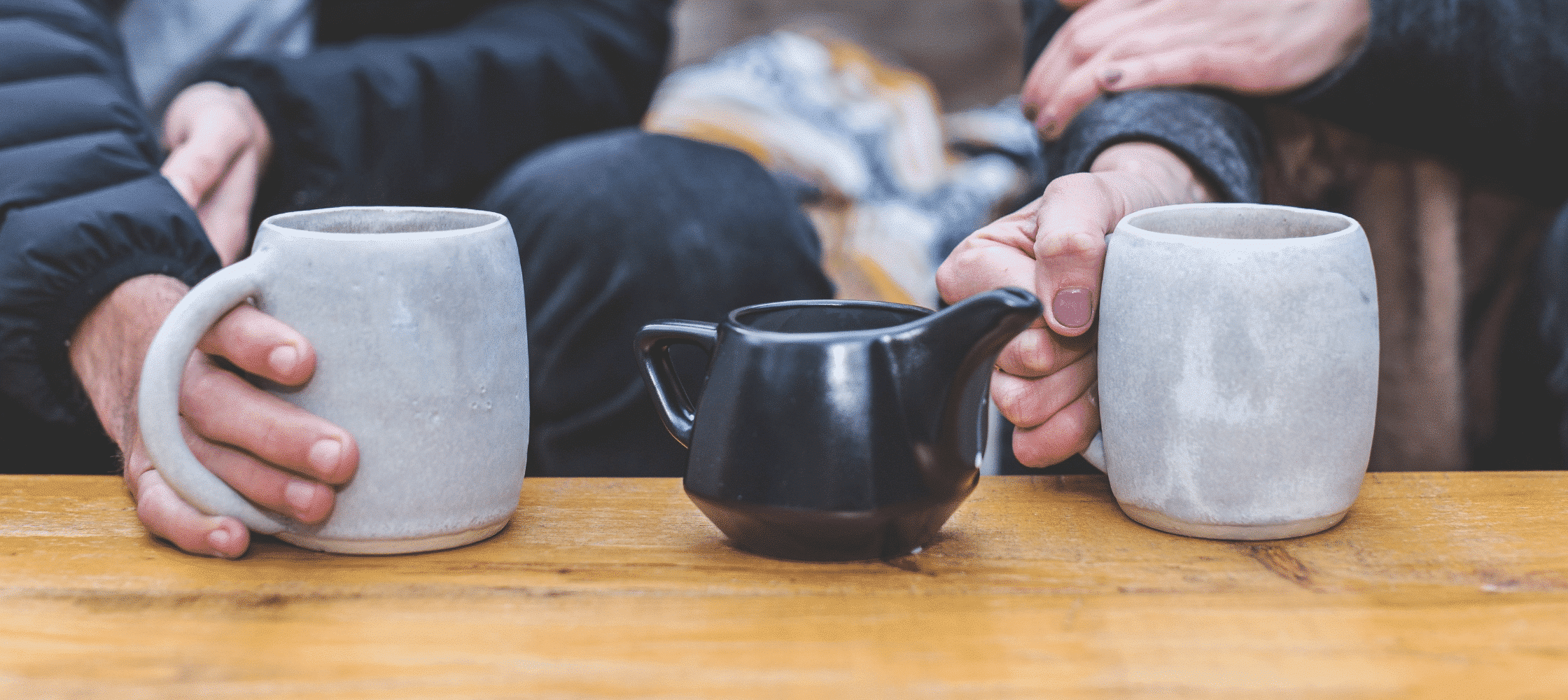
Supporting a survivor
Knowing how to best support a victim/survivor of domestic abuse can be difficult, and worrying about doing the wrong thing can sometimes prevent us from doing anything at all. We’re here to help as you walk alongside survivors, and have created some resources to equip you to do so effectively. Here’s some of the simple things you can do:
Become informed
Learning about what domestic abuse is and how abusers operate is a great place to start. Oftentimes, it’s a lack of understanding that means we aren’t as helpful as we otherwise would be. Our Church Guide provides a comprehensive overview of these things and more.
Listen and Believe
If someone discloses to you that they’re being subjected to abuse, the most important thing you can do is believe them; remember that it’s not your job to verify claims or question their experience. Reassure them that what’s happening is not their fault, it isn’t God’s will and they don’t deserve it.
Prioritise safety for the victim/survivor
Don’t approach the abuser or confront them, as this could put the victim/survivor at increased risk of harm. You could help them create a safety plan in case of an emergency situation – download a template here.
Support and respect their choices
Even if, initially, they choose to stay with the abuser; that’s their choice. They have the most information about how to survive.
However, if children are involved, their safety must come first, and this choice may need to be overruled. Wherever possible, support them to make any safeguarding calls to social care. In all instances, and particularly where children are part of the household, safeguarding procedures should be followed.See our Church Guide for more information on safeguarding when children are involved.
Signpost to relevant agencies
For example, suggest that they call the National Domestic Abuse Helpline, or use the Women’s Aid directory to find your local service information. If appropriate, offer to contact an agency on their behalf whilst they’re with you. Alternatively, provide a safe and private place for them to contact relevant agencies themselves.
Offer Practical Help
If the victim/survivor has already left their abuser, offering practical support like helping to find and decorate/furnish new accommodation, cooking meals, or babysitting can help alleviate some of the stress that comes with leaving an abuser.
It’s important to remember that it’s not your responsibility to save people or to investigate claims.
At Restored, we walk alongside survivors of domestic abuse, cheering them on and offering encouragement as they recover – and that’s what you can do too. Knowing which agencies have the expertise and resources to provide the right help and signposting to them is the best way to help.
The Church Guide
We’ve created the Church Guide to equip churches to respond to domestic abuse. It’s a comprehensive guide to understanding domestic abuse, responding to disclosures, and walking alongside victims and perpetrators in your congregation.
Domestic abuse training
We offer three levels of domestic abuse training to help you recognise the signs of domestic abuse, understand it’s complexities from a faith perspective, and support survivors. You can sign up today to join a course.
